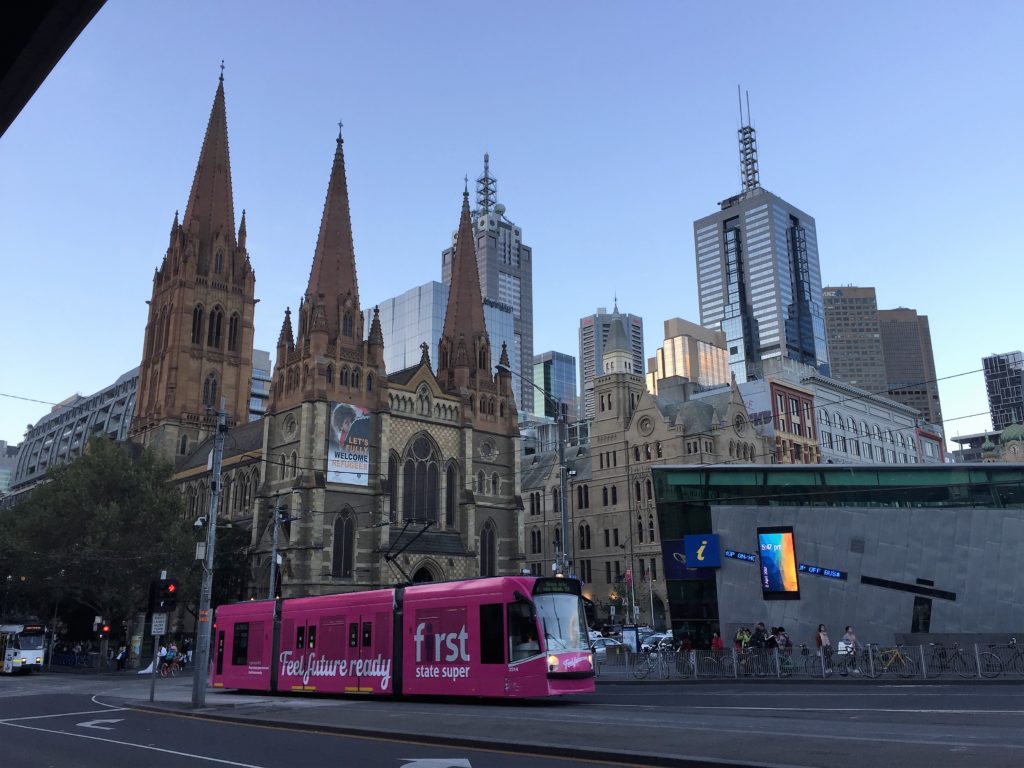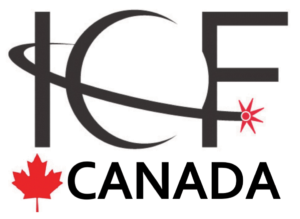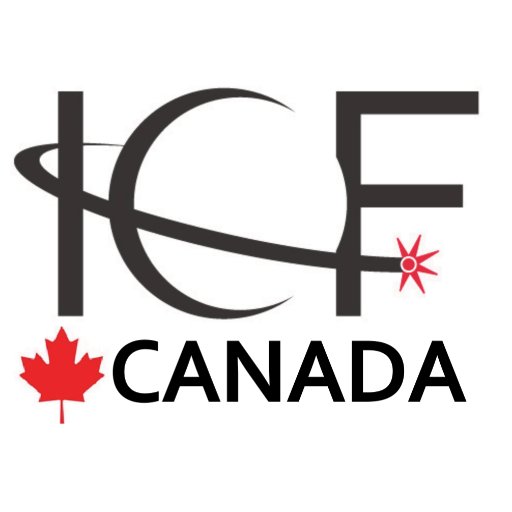
Melbourne, Victoria, Australia (Smart21 2006, 2017 and Top7 2017)
Melbourne is Australia’s second largest municipality and the capital of the state of Victoria. A leading financial center, this city of 130,000 is at the center of a metropolitan area of 4.5 million people and is hub for the Australian film and television industries. In 2016, The Economist named Melbourne as the world’s most livable city for the sixth year in a row. Australia, however, ranks 48th in the world for the speed and services available over broadband, due to a long history of monopoly and duopoly markets. That has put Melbourne’s people, institutions and businesses at a disadvantage in reaping the economic and social benefits of the digital revolution.
As a midsize city, Melbourne has many competing service providers but also significant gaps in coverage outside its central business district. A group of frustrated Internet users teamed with a community-led pilot project in Melbourne to create Lightning Broadband, which uses a mix of optical fiber and wireless to connect high-rise apartments and business customers at 100 Mbps. Rolling out in Melbourne suburbs now, it is targeting a national build-out in areas underserved by private carriers and bypassed by Australia’s National Broadband Network.
The Melbourne metro region is home to hundreds of two-year colleges and more than a dozen universities. Nearly 47% of its population has a graduate or undergraduate degree. City government and nonprofits have therefore targeted programs at segments of the population that are not participating fully in the knowledge economy. Code Like a Girl runs a series of tech-focused events around the city. Targeting females from 13 to 45, events like Creative Coding and The Internet of (Girl) Things teach basic programming skills while awakening girls and women to new career opportunities.
A small-scale program called Life Experience Skills Sharing pairs young people of post-secondary age with socially isolated older people in sessions where the youngsters teach digital skills. While older citizens learn to navigate the digital world, their younger companions gain in self-esteem, empathy and communication skills. The annual Melbourne Knowledge Week Festival, launched in 2010, consists of conferences, workshops and demos that showcase a smart and innovative city and brings the future city to life today.
Two projects, one in production and the other in development, are equipping Melbourne with new innovation districts. The Advanced Manufacturing Precinct at RMIT, a public research university, creates collaborative projects between researchers and industry, and equips them with technology and equipment to speed up prototyping and design of the manufacturing process. Early results include a 3D printed spine implant and an improved car seat for the Tesla Model S.
The Carlton Connect Initiative (CCI) aims to bring together people from diverse disciplines to one precinct, where CCI will create and curate partnerships between research and industry locally, nationally and globally. It has established the Melbourne Accelerator Project, whose 24 startup teams have already created 150 jobs and generated A$10 million in revenue. LAB-14 is CCI’s first small-scale demonstration site, where 270 people are at work on projects from computing through artistic creation. When CCI is complete, it will be Australia’s largest innovation district and home to the Melbourne School of Engineering.
Like many successful cities, Melbourne faces sharp increases in its cost of living and a shortage of affordable housing, both of which contribute to the problem of homelessness. Though the city offers a wide range of support services finding is difficult for the homeless because information can be outdated, waiting lists long and the rules complex. Melbourne’s answer is Ask Izzy, a new mobile website that connects the homeless, or those at risk of homelessness, with essential services. Research showed that 80% of people experiencing homelessness in Melbourne own a smartphone. Ask Izzy is a free location-based directory that helps them find food, shelter, health and other critical services. It was developed by a partnership among a Melbourne nonprofit, Google, RealEstate.com.au and News Corp Australia.
Melbourne makes sustainability strategy a community affair. Its Smart Blocks Solar Rebate program helps apartment owners and building managers install solar panels to reduce energy costs. The installation of a solar system on common property requires the owner or executive committee to work together to develop the concept, build a business case, and engage tenants, apartment managers and suppliers. The Smart Blocks program provides advice throughout the process. It had installed 144 KW of solar through the end of 2015 and is saving apartment owners an average of A$25,000 in energy costs per year.
Melbourne’s top score for livability is partly the product of a community plan called Future Melbourne. In 2016, the city began to refresh the plan, renaming it Future Melbourne 2026, through meetings of a Citizen’s Jury made up of residents, workers and business executives. To broaden participation, it created a digital forum called Participate Melbourne, which lets members of the community contribute to decision’s shaping the city’s future. The result has been 970 ideas for projects and a program of events that engaged participation from 2,000 people. Meanwhile, the 250,000 registered users of Participate Melbourne logged more than 50,000 sessions in a single year. Working together, the people, businesses and institutions of Melbourne are building a future that leverages the city’s strengths while working to close the gaps left by the past decade of development.
For more information see: Website: www.melbourne.vic.gov.au
![]()
![]()
Want to have a voice in iCommunity.ca, the official newsletter of ICF Canada? Please send your blogs, announcements and other interesting content to John G. Jung at jjung@icf-canada.com

ICF Canada 1310-20 Bay Street Toronto, Ontario M5J 2N8 www.icf-canada.com
Contact: John G. Jung at jjung@icf-canada.com 1-647-801-4238 cell
Want to change how you receive these emails?
You can update your preferences or unsubscribe from this list
